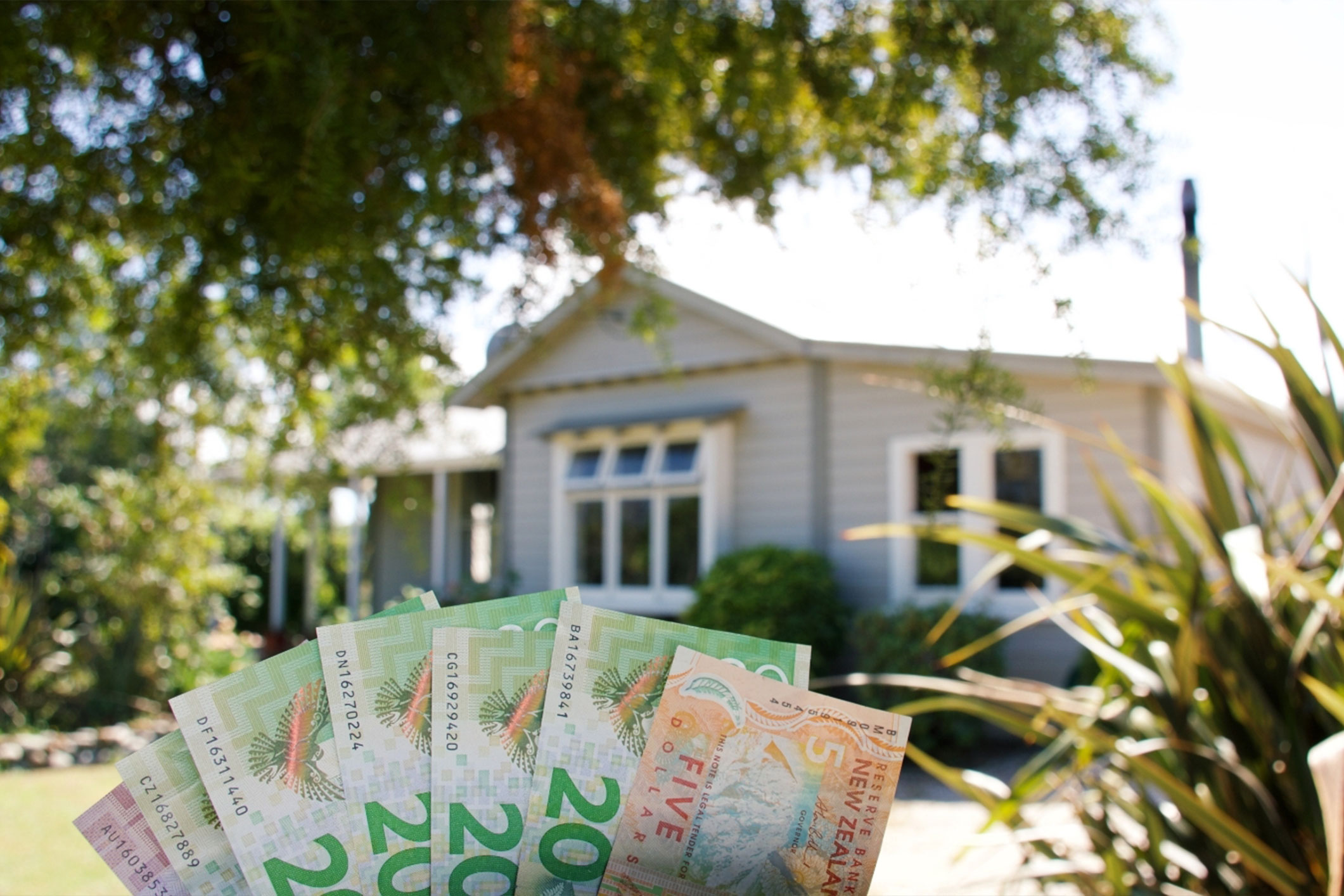Preparing for the Healthy Homes Standards Deadline: What Landlords Need to Know
17 December 2024
1 September 2024

Insights | News
In the current sluggish property market, selling your home might not be the smartest move. New Zealand’s housing market is experiencing slower growth, with house prices down 1.6% in the last quarter. Yet, recovery signals are emerging as immigration boosts demand and housing stock remains limited. While high interest rates continue to challenge investors, there’s a valuable strategy you can pursue: renovate, rent, and buy.
Instead of selling in a down market, where prices might not meet your expectations, it’s smarter to hold on to your property. Renovate it to increase its value, rent it out for cash flow, and use that cash flow—along with increased equity—as leverage to purchase your next property. With current house prices having dipped, especially in major regions like Auckland, Christchurch, and Wellington, now could be a good time to acquire a second or third property at a lower entry point.
The key benefit of holding is exposure to future price appreciation. Historically, New Zealand house prices have risen by 5-6% annually, despite short-term fluctuations. By the time the market recovers—and with interest rates likely peaking—you’ll have two properties that have appreciated in value. This double exposure to rising prices maximizes your returns and enables you to accumulate more properties as prices rise.
Another advantage of this approach is the ability to secure new properties with minimal deposits, typically ranging from 5-20%, depending on your equity and lending environment. Current market indicators show that property transactions are slowly picking up again after a slump in 2023, making this a good time to enter with lower capital.
By the time the market rebounds, you’ll be positioned to continue expanding your portfolio, with potential to purchase additional properties as your rental cash flow increases and interest rates decrease.
Ultimately, leveraging this down market by holding and acquiring more properties creates long-term financial gains through property price inflation and improved equity positions.